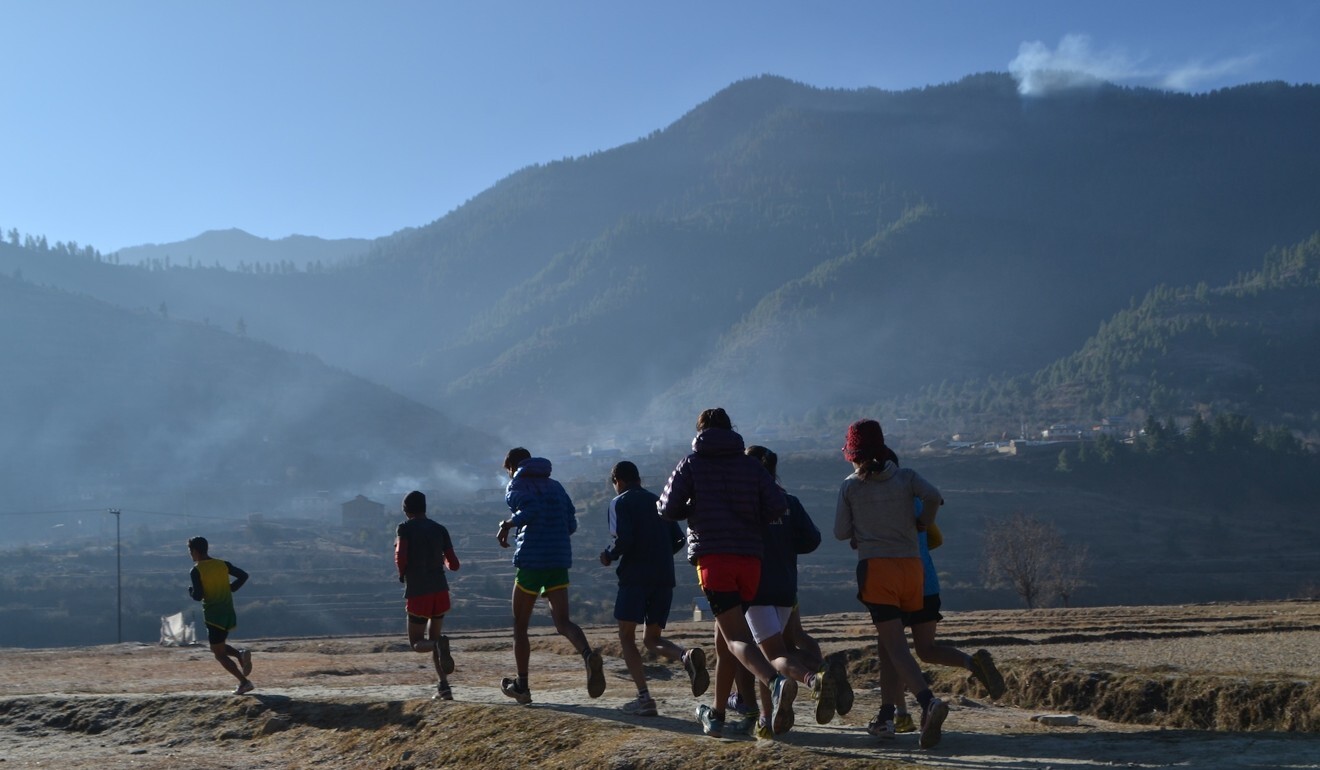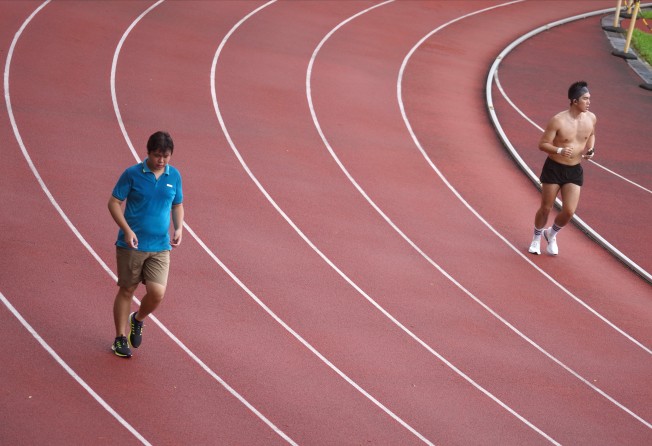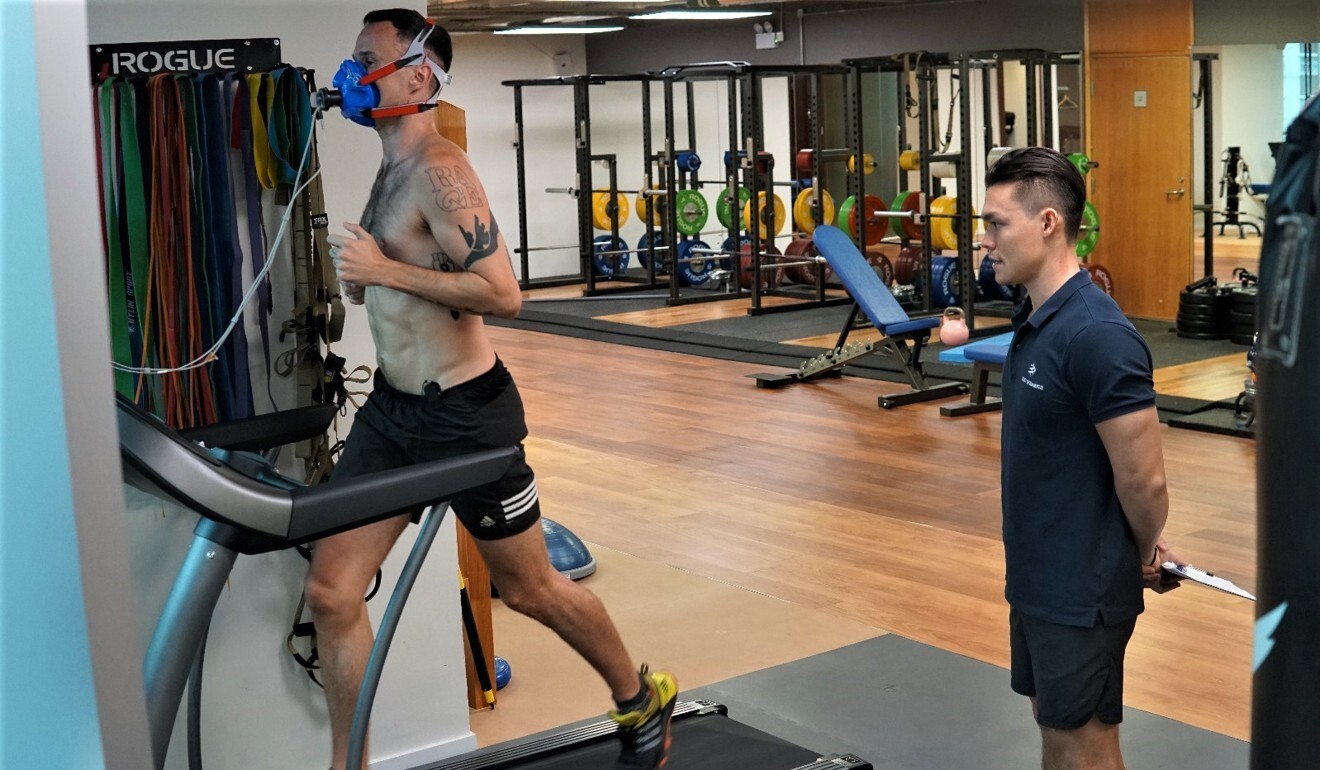
Heel pain when running – the cause and treatment of common injury for trail and road lovers
- Pain in the heel could be the result of several different issues in different areas of the foot or leg, but have similar solutions and remedies

It is common for runners to experience pain in their heel but the source of the issue may stem from a variety of underlying problems. Fortunately, most of the issues have similar remedies to get you back running as soon as possible.
Cause
The most common cause is an overuse injury. Runners, particularly beginners, often run too far too often and pay the price. That can cause pain in the heel.
It may be as simple as a bruised heel. But more likely, it is the side effects of either Achilles tendinitis or plantar fasciitis. The former is a swelling in the Achilles and the latter is swelling in the arch of the foot.

Rest
The first remedy for an overuse injury is to take a break. Take the weight off your feet, do not run and give them a chance to recover.
Then, once you feel good again, return to running but scale back your training so you do not land yourself in the same position all over again. Build up your training bit by bit. Your cardiovascular system might be getting fitter, but it takes longer for your joints and tendons to catch up to the workload.
Add some cross training into your cardiovascular training to vary the load. Cycling, swimming and rowing are all great ways to get fitter while reducing the risk of an overuse injury.
Try varying the surface you run on. Mix up road, track and trail. This way, different muscles will get stronger and one area will not get overworked.
If you are still in pain after a few days, seek medical help. You may have a more serious injury, such as a stress fracture. If you can pinpoint the pain to a specific incident, like striking the ground and suddenly getting searing pain, go to a doctor.

But why are you getting overuse injuries in the first place?
Prevention is better than cure, and though rest and scaling back your training will help, there are ways to make your body more resilient to the overuse injuries that manifest themselves in heel pain.
- Weak or unbalanced muscles – you need to be strong to run or other parts of your leg may begin to compensate, like your Achilles or arch, and then overwork. Or, if one leg is stronger than the other, the load is unevenly distributed and will cause injuries. Make sure you incorporate single leg strength training into your programme, such as lunges, Romanian dead lifts or single leg squats.
- Tight muscles – if your calves, hamstrings, hips or IT band is tight, it can result in poor running form or tug on your tendons. Incorporate mobility training and foam rolling. Roll out your calves, IT band and your hips. Become mobile with “spider-mans”, where you start in a press-up position and move your foot next to your hand and back.
- Form – your running form could be the source of your troubles. You should seek advice from a qualified coach to find out if you are overstriding, heel-striking, landing heavily or on the wrong part of your foot. Each person is different and it may seem odd that you have come so far in life and yet now you need to learn to run properly. Like all exercise, there is a correct, more efficient technique.
- Old shoes – if your running shoes are getting old, it can contribute to overuse injuries. Time to get new ones. Shoes may help or hinder your form too, so a coach or pediatrist might be able to help and direct you to the correct shoe for you.